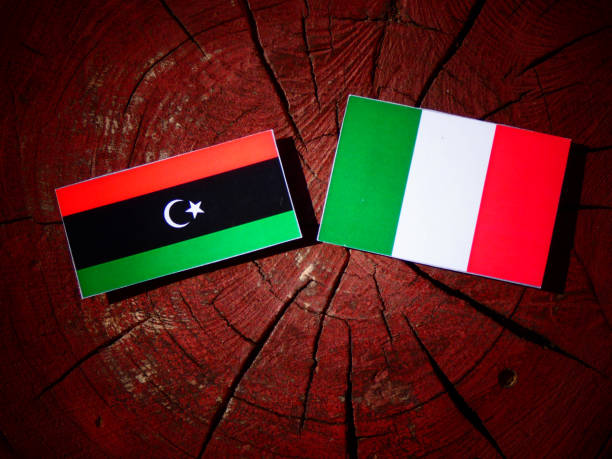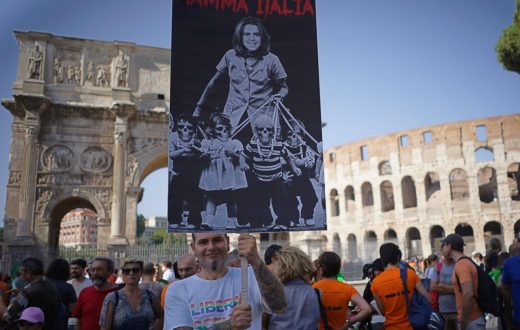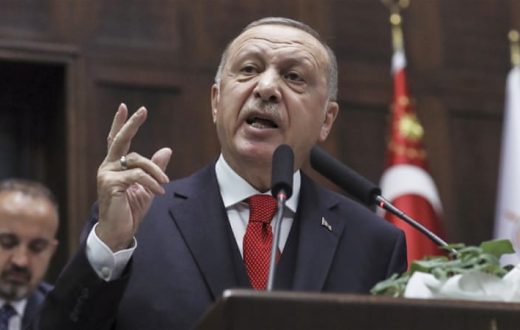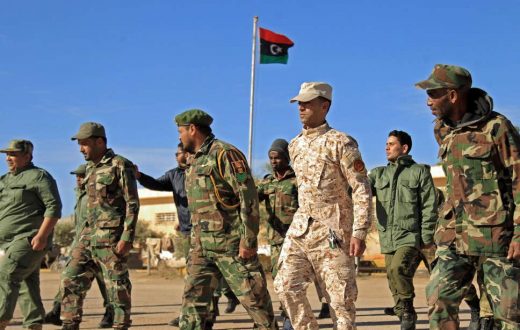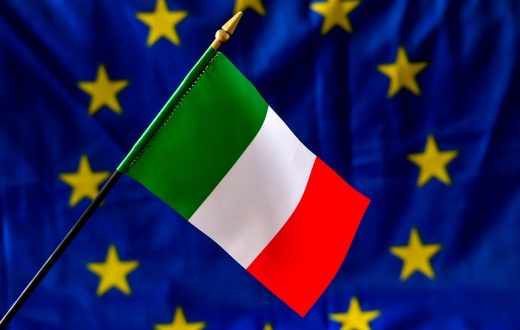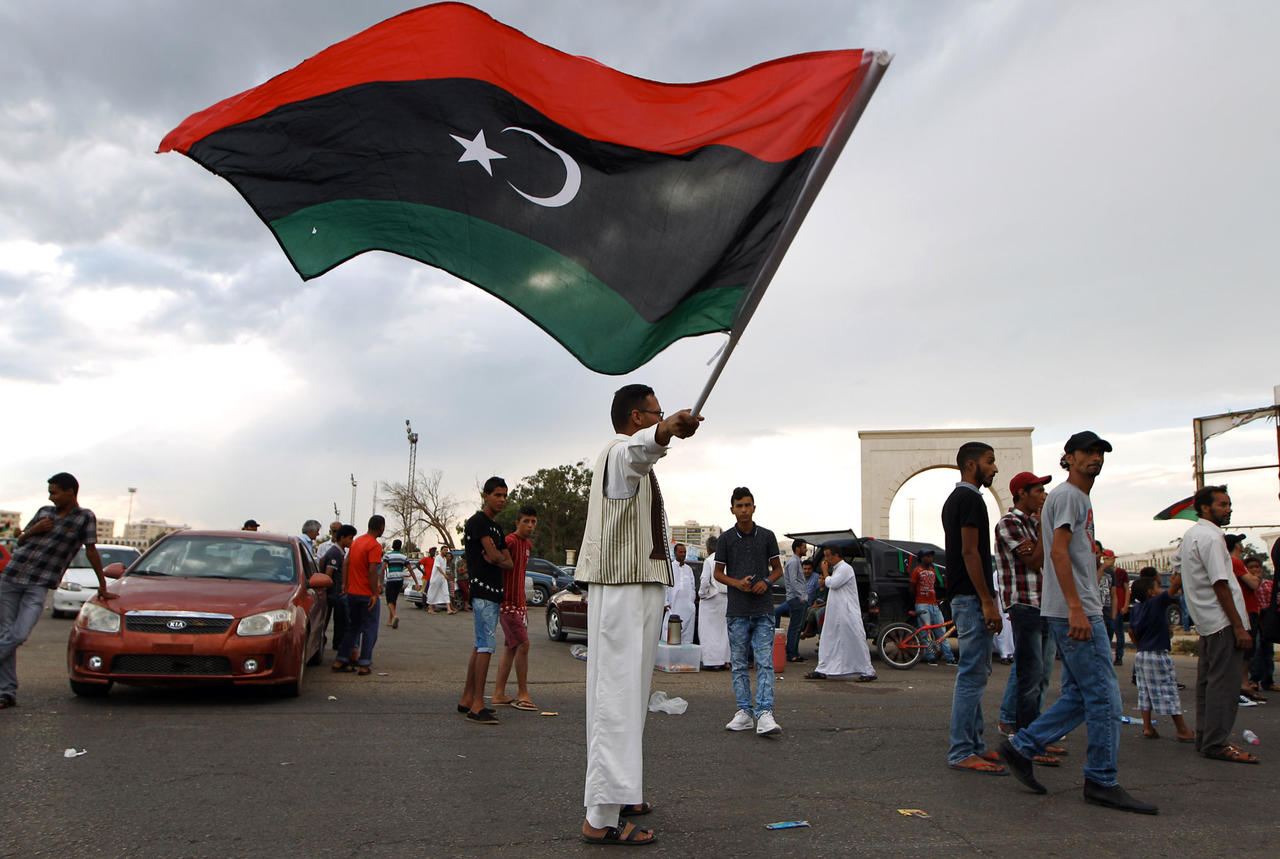The last 23 of April, the Italian prosecutor Carmelo Zuccaro accused some NGOs that operate in the Mediterranean Sea to receive illicit funding within the context of refugee crisis. As explained in an interview with La Stampa, Zuccaro alleged to have evidences to support a liaison between some NGOs and immigrant traffickers on the Libyan Coast, such as radio communications and light signals.
Therefore, on 13 of July, the Italian interior minister presented a Draft articles at the EU interiors ministers meeting of Tallin, providing some basic rules, aiming to limit the NGOs’ work to their purpose. Nevertheless, since some of these terms have been considered harmful and inconvenient for the rescue operations, some NGOs — e.g. Medici Senza Frontiere — did not sign the above-mentioned document. It has been highlighted that complying with this “Code of NGOs” could also entail international responsibility for the NGOs and their volunteers. The most controversial points of this Draft articles concerned the prohibition for the rescue ships to enter in the Libyan territorial waters, the prohibition to transfer the immigrants on other ships during the rescue operations, and the obligation to accept police officers on board — even in international waters.
Immigrants Deserve their Rights as Human beings not because of their Function in the Society
After the initial tensions between the Viminale and the NGOs — and thanks to the precious contribution of SOS Mediterraneè — on 11 August the Italian interior minister agreed on an Addendum to the Code, with which the prohibition of trans-ship procedures and the indiscriminate presence of police officers on board have been reconsidered.
In addition, the changeable policies of Tripoli on the matter don’t help. The Libyan coast guard, in fact, has recently threatened Italian naval ships in its territorial waters, claiming an undue interference in national operations (after the Libyan government accepted help from Rome few weeks earlier). In an interview to Corriere Della Sera, general Khalifa Haftar clarified his position on the matter: the threats were aimed to reaffirm the Libyan sovereignty, and have been the effect of Sarraj’s non-compliance of the joint declaration signed in Paris the last 25 July. Conversely, general Haftar expected to be informed about the agreement between Tripoli and Rome, especially whereas involving military operations.
«Away and never come back». Therefore, with these words, on 14 August, the Spanish ship Golfo Azzurro has been threatened by the Libyan guard coast, being consequently forced to give up the rescue operations within the Libyan coast. Moreover, in the previous days, other NGOs, such as Medici Senza Frontiere, Sea Eye, and Save the Children, decided to abandon their rescue operation due to the above-mentioned change of circumstances.
In 2016, Italy itself received more than 138.000 immigrants coming from Libya, a significant amount, considering the whole European Union admitted about 360.000 of them in the same year. Moreover, with 130 corporations — mainly, oil and gas businesses—, a 3.6 Billion dollar total import and a 1.5 Billion dollar total export in Libya, Italy has a significant economic interest in how these events unfold, and is surely going to play an active role in this affair.
In fact, the Farnesina has a specific agenda dedicated to improving the relationship between Rome and Tripoli. Thus, supporting the government of Sarraj and promoting a dialogue with general Haftar are surely going to be important goals to restore order in Libya, but the Italian agenda is also going to be aimed at containing migration flows, at sensitizing foreign States and at receiving support by International Organizations. Perhaps, a lack of diplomatic efforts on a humanitarian perspective could soon lead to atrocious consequences; in fact, as observed by the coordinator of Medici Senza Frontiere, the Libyan refugee camps seem more like concentration camps, with «aberrant conditions» and «where detention is arbitrary».
About the Author : After he got graduated in Law, Jesse Colzani is currently studying International Relations at the University of Milan; his field of interest includes diplomatic relations, international law, human rights and IO management.


